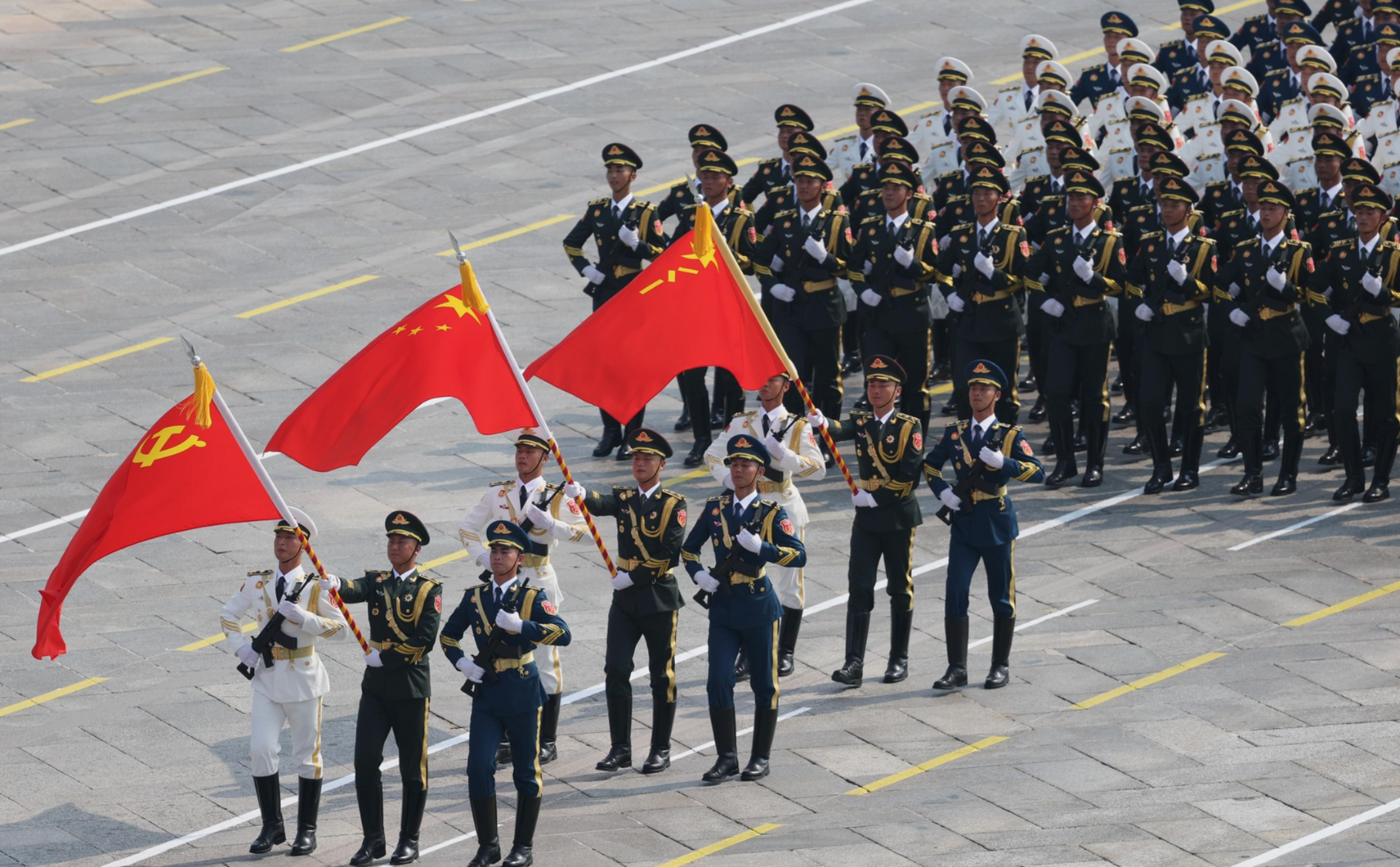Written by Chhay Lim and Chandarith Neak
Without institutional mechanisms that both parties accept as legitimate and binding, border disputes remain vulnerable to escalation and external intervention whenever domestic political pressures or regional tensions rise.
Read More














